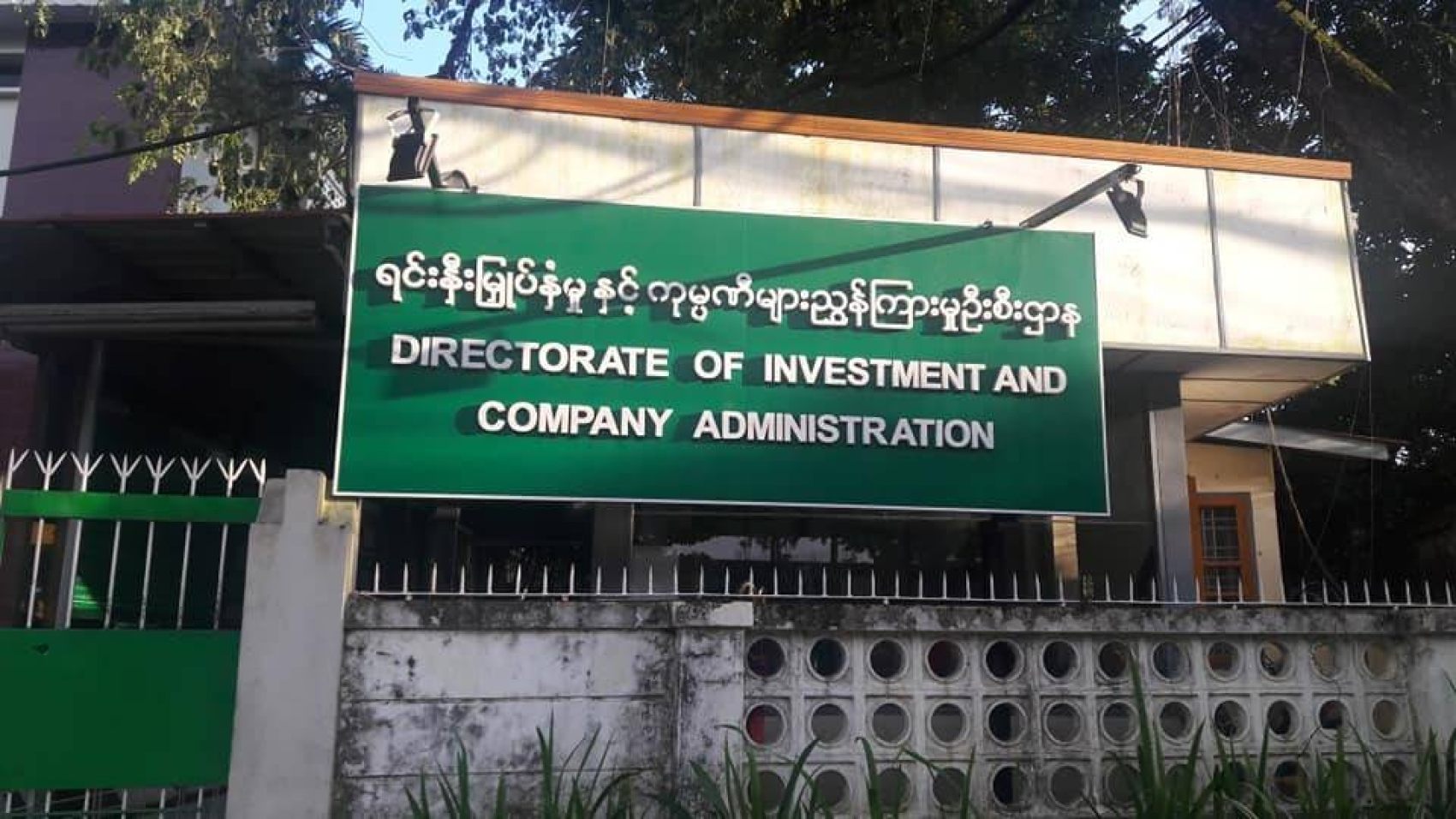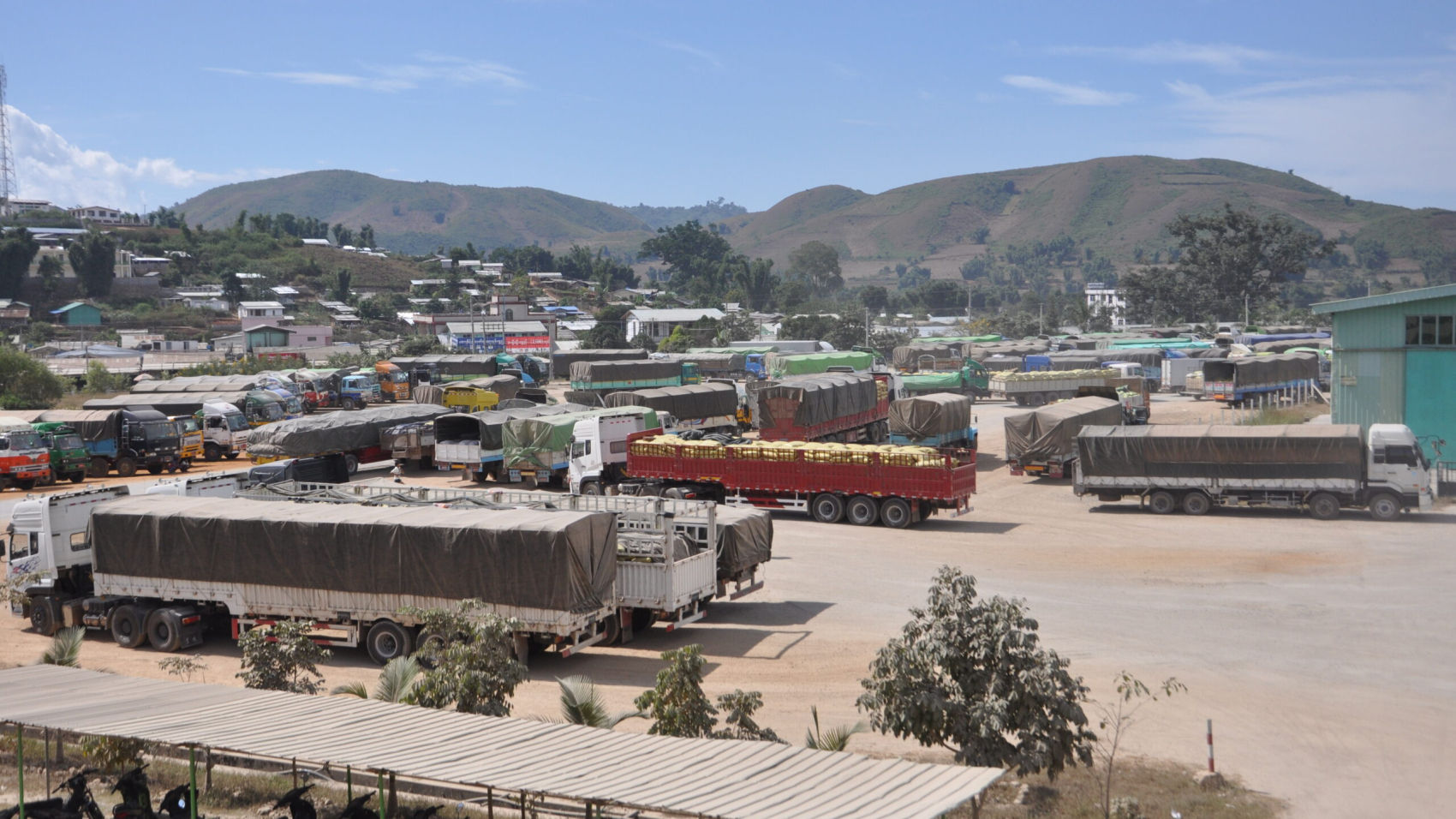The Directorate of Investments and Companies (DICA) has issued a notice to businesses that wish to operate after the establishment of the company only after obtaining approval from the relevant ministry.
Companies submitted to register as companies at the Directorate of Investments and Companies to do business are authorized by the Registrar to establish companies in accordance with the provisions of the Myanmar Companies Law.
According to the businesses that the companies want to establish and operate, the relevant ministries, If it is necessary to obtain the permission of the Departments, the work must be obtained after obtaining the permission. (For example, if you want to operate a private hospital, you need to request the approval of the Ministry of Health, if you want to operate a bank, the approval of the Central Bank of Myanmar, if you want to operate an education service, you need to request and obtain the approval of the Ministry of Education, etc.
Therefore, the company that needs to register and obtain a license to operate according to the businesses it wants to operate. Organizations are relevant ministries, The Directorate of Investments and Companies (DICA) has issued a notice to carry out business only after obtaining the approval of the departments.
In accordance with the Myanmar Companies Law (2017), companies can be incorporated in the Department of Investment and Companies Directorate.
There is no minimum capital requirement for setting up a company. The Directorate of Investment and Companies has established and maintained the Electronic Company Registration System (MYCO) as a registration system for all companies and registered organizations under the Myanmar Companies Law 2017. Information from the MYCO registration system is maintained electronically and is accessible to the public 24 hours a day.
Source: Daily Eleven


